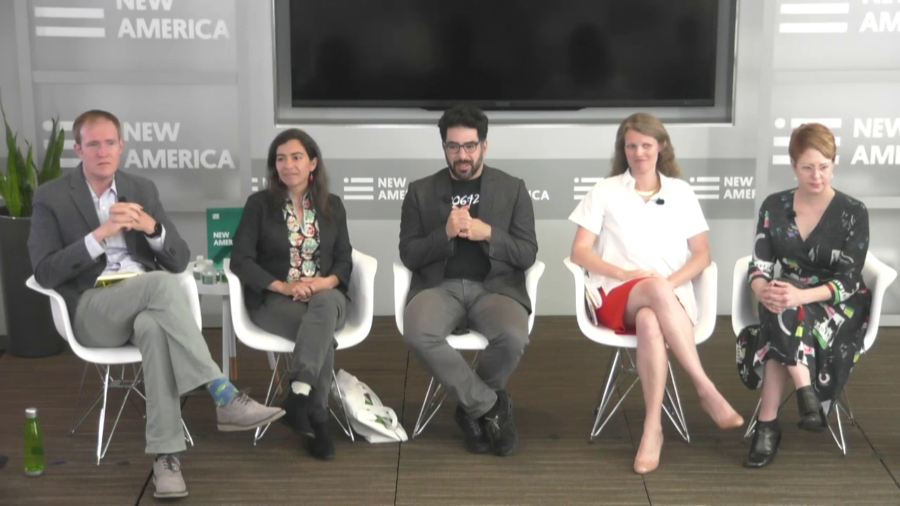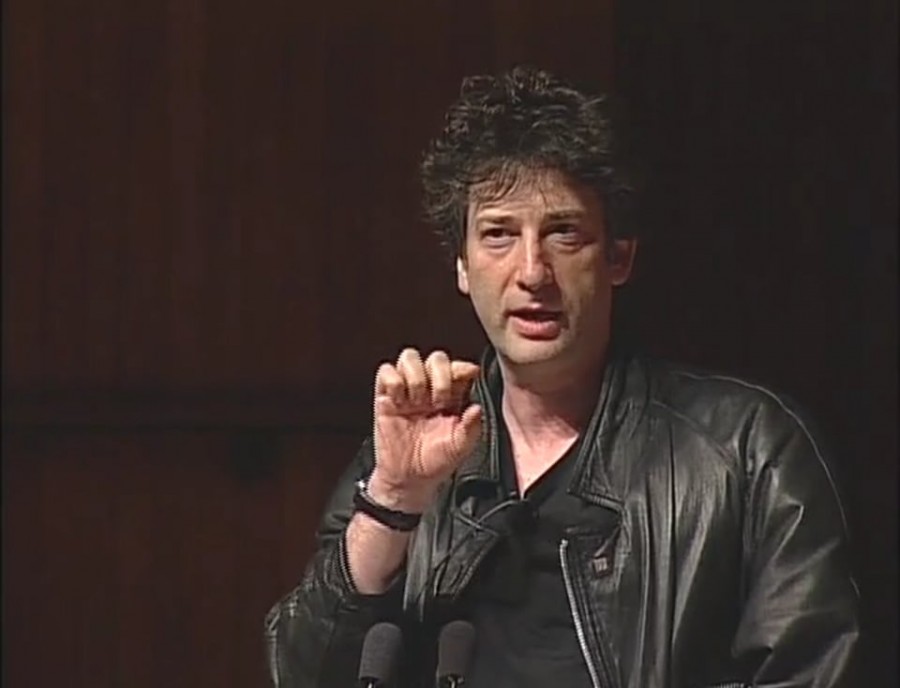This is going to be a conversation about science fiction not just as a cultural phenomenon, or a body of work of different kinds, but also as a kind of method or a tool.
Archive
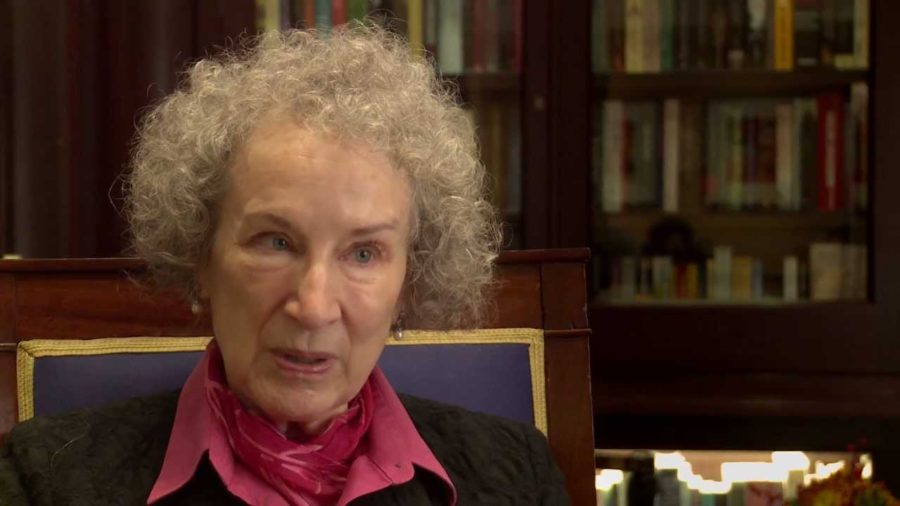
We have already changed the world a lot, not always for the better. Some of it’s for the better, as far as we human beings are concerned. But every time we invent a new technology, we like to play with that technology, and we don’t always foresee the consequences.
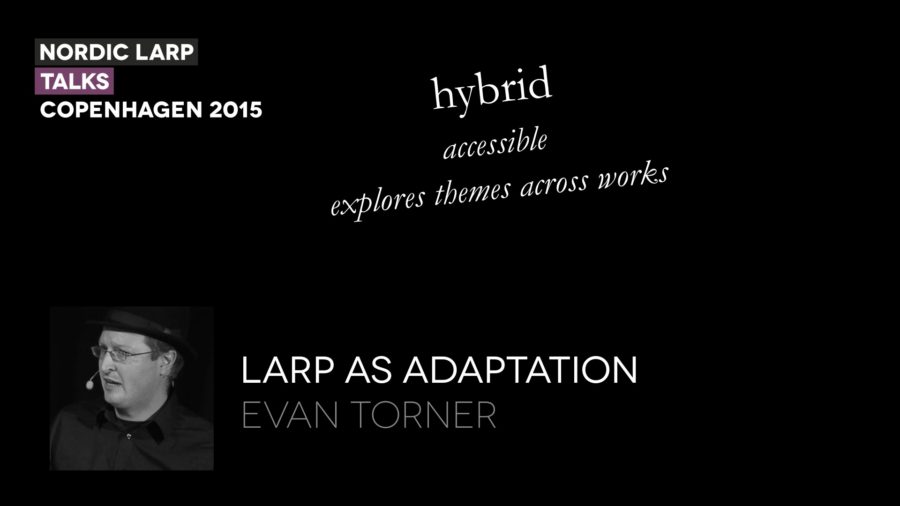
A larp takes a space and makes a place in which we create fiction with our bodies, and our voices. Although the larp medium certainly shares a lineage with the theater and the oral storytelling tradition, most of the fiction that we consume comes in other forms.
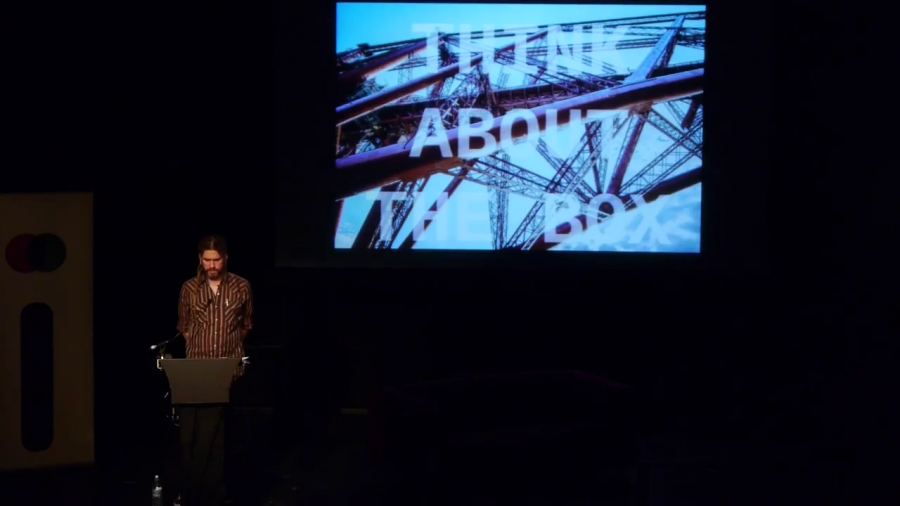
The Someone Else’s Problem Field around infrastructure is, ironically enough, a measure of infrastructure’s ubiquity and success. You don’t think about infrastructure because you don’t need to. It just works. And when it doesn’t, there’s a phone number you can not bother calling, because they’ll only put you on hold anyway, and by the time you get through it’ll probably have fixed itself, so why bother?

